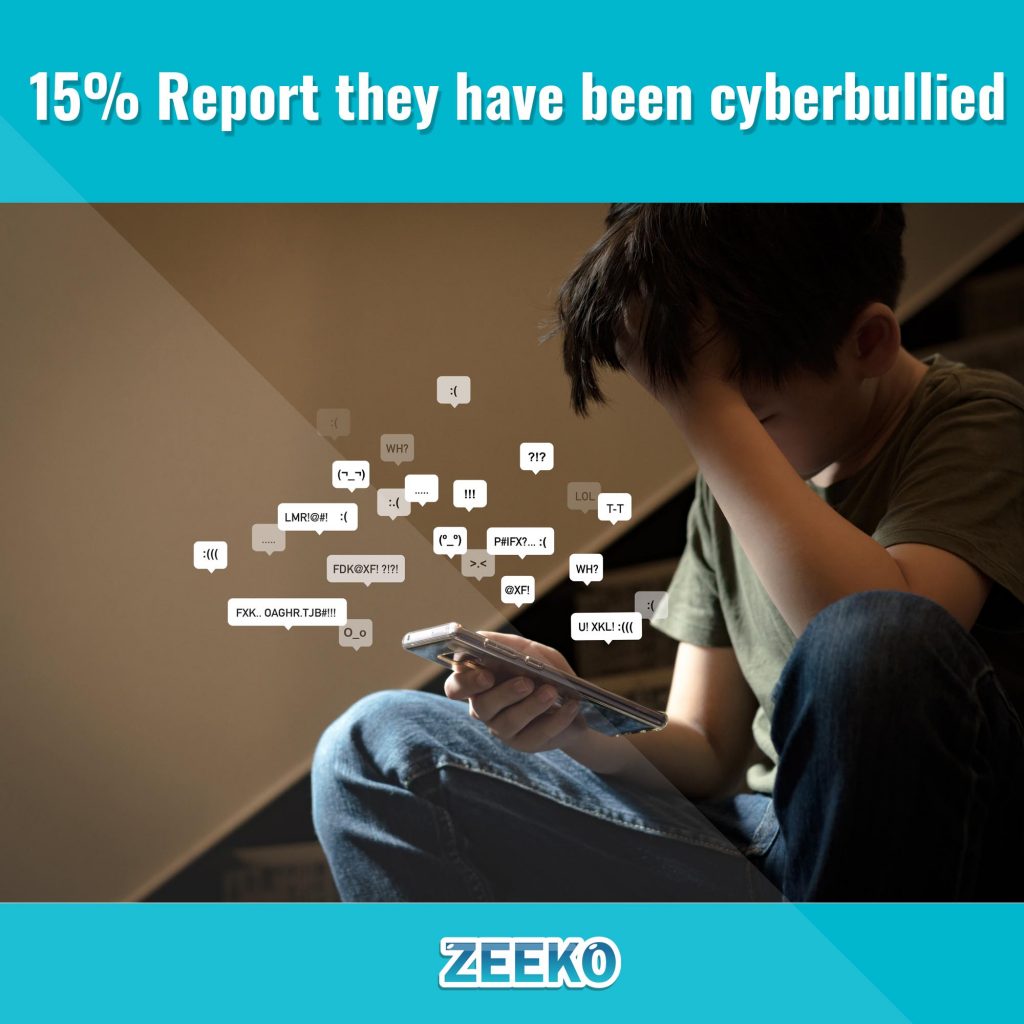Gambling is what’s known as a ‘silent addiction’. With other types and forms of addiction, it’s easier to notice the changes. For example, the most obvious form of addiction would be substance abuse, where there is a clear decline in health and changes in mood. You might be thinking that the concept of school students gambling and betting is quite far-fetched, however, with modern technology, like most other negative influences, gambling also, unfortunately, falls into this category. Modern technology has made it easier and easier to gamble in private. A process now made so easy that many young people might not know they are partaking in gambling activities before it’s too late.

Gambling & Gaming
The idea of winning ‘fair and square’ is just not applicable to online gaming. Many if not most games entice you to spend money to get ahead in the game or to succeed or to have any chance of winning. You might remember when Facebook first launched, and the game ‘Farmville’ took the world by storm. What started as simply building your farming community from the ground up, inviting friends to play for extra coins to buy a new tractor, then saw the introduction of purchasing coins with real money to move along the game faster… and we were all tempted, some of us acted upon the temptation. Online gaming is addictive, incorporating the concept of money into the mix is where it can start to get messy. While this might not be considered gambling exactly it does introduce kids to the idea of exchanging money for the chance to win.
With the introduction of Apple Pay and the ability to save our card details online to make online purchases easier, we are leaving the door open for kids who don’t understand how with a click of a button they can spend money. Like that of a competitive child who understands that spending a little money here and there will get them to the finish line quicker than their peers, we are providing them with the temptation of spending money. It’s a domino effect with so many factors, these online activities can be the gateway to gambling.
Targeted Advertising
Continuing with the idea of temptation, all our children are online and bombarded with targeted ads. TV advertising, social media, and the influence of family are among the likely factors to lead young people to gamble. This constant exposure to gambling in a natural and normal environment only increases the normality of the issue. Online targeted ads mean that as soon as your child or teen searches for anything online related to gambling or betting, they will be exposed to ads related to the topic.
Unfortunately, many of those who are targeted with these ads today will be the gamblers of tomorrow. Gambling has been normalised to such an extent that young people grow up thinking this is a harmless activity, it’s fun and 'I could make money by doing this. What is even more concerning is that social media and other online activities are a lot of our young people’s only forms of entertainment.

Glamorisation
It’s fair to say that gambling is glamorised by both the ads that we see and in our own minds when we think about the potential outcomes. The idea of spending money now which could turn into millions is a temptation that even the most mature mind could weaken for. Casinos often look like funfairs and exciting. Enticing kids in from a very young age can lead to a greater problem in the future. Teaching from a young age the value of money, how hard it is to earn money and how quickly it can be spent is an excellent way to ensure that they stop and think when going to spend money on anything.
How to educate kids on gambling
Talk openly about the downsides
Be aware of the temptations they face
Educate ourselves

Zeeko Internet Safety Seminars
As there is so much information surrounding the internet and how to be safe online, we understand that sometimes it can be overwhelming. Zeeko Education provides Internet Safety training both virtually and on-site to suit every school’s needs. Some of our packages also include parent seminars to ensure you are up to date with the most relevant information for your child, their class, and their age group. Read more on our seminars here or forward this link to your child's teacher.
Don't forget to sign up for our Parents Blog List here. Teachers can sign up for our Monthly Teachers Newsletter here.

